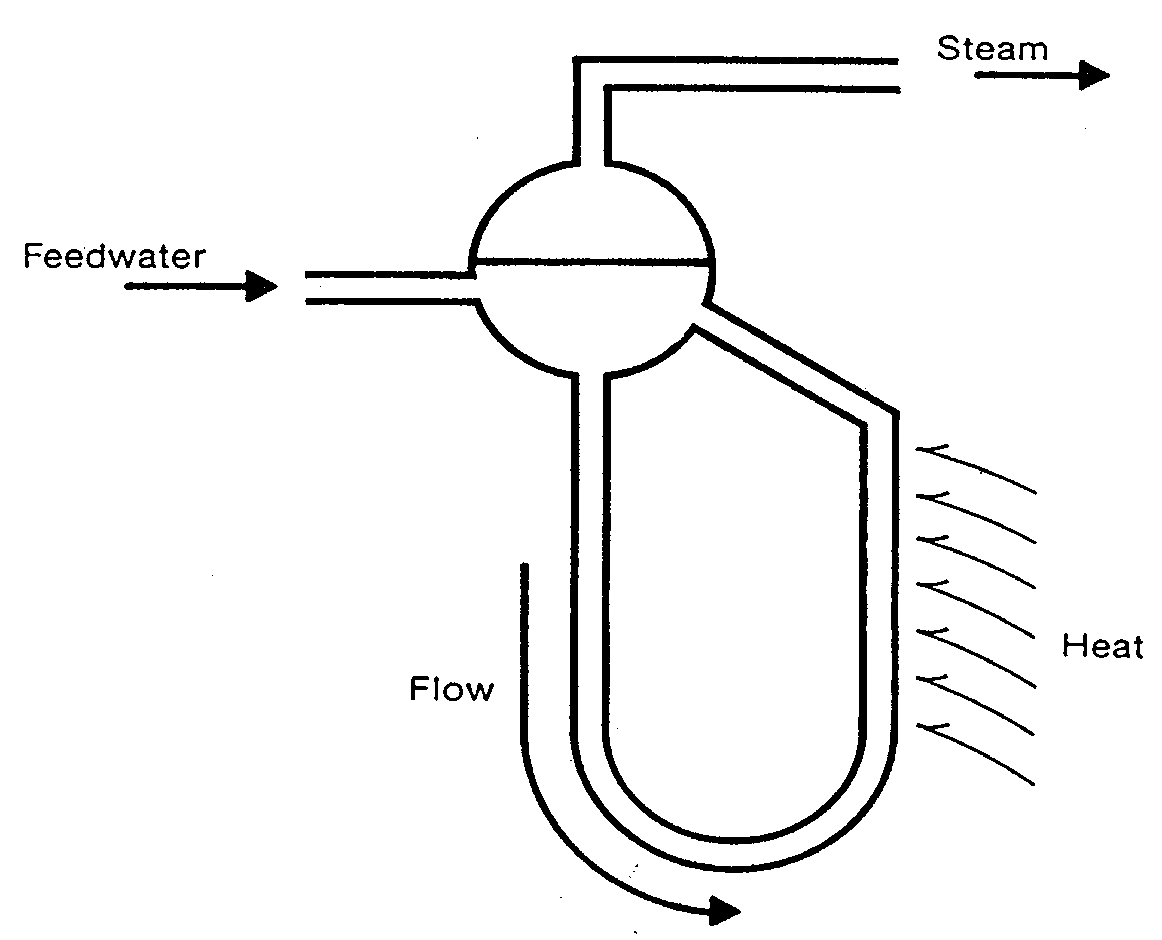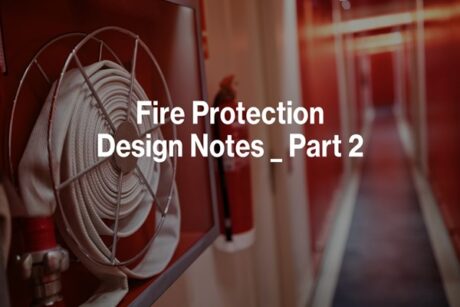-
×
 E - 1104 Domestic Wastewater Treatment Overview
1 × $75.00
E - 1104 Domestic Wastewater Treatment Overview
1 × $75.00 -
×
 E - 1123 Concrete Methods and principles - Full 8 Hours Course
1 × $200.00
E - 1123 Concrete Methods and principles - Full 8 Hours Course
1 × $200.00 -
×
 E - 1126 Steel Design – Basics - Updated to AISC 14th edition
1 × $5.00
E - 1126 Steel Design – Basics - Updated to AISC 14th edition
1 × $5.00 -
×
![[Live Webinar] Structural Integrity Assessment](data:image/png;base64,iVBORw0KGgoAAAANSUhEUgAAASwAAAEsAQAAAABRBrPYAAAAAnRSTlMAAHaTzTgAAAAiSURBVGje7cExAQAAAMKg9U9tCj+gAAAAAAAAAAAAAAB4GS20AAH/6QlrAAAAAElFTkSuQmCC) [Live Webinar] Structural Integrity Assessment
1 × $109.00
[Live Webinar] Structural Integrity Assessment
1 × $109.00
Subtotal: $389.00


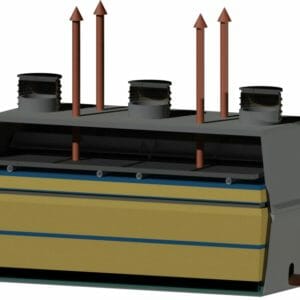 E - 1104 Domestic Wastewater Treatment Overview
E - 1104 Domestic Wastewater Treatment Overview 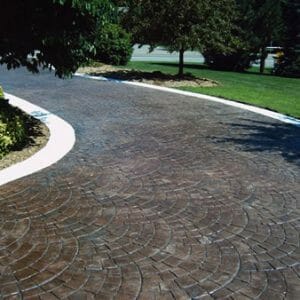 E - 1123 Concrete Methods and principles - Full 8 Hours Course
E - 1123 Concrete Methods and principles - Full 8 Hours Course 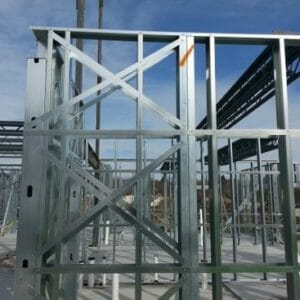 E - 1126 Steel Design – Basics - Updated to AISC 14th edition
E - 1126 Steel Design – Basics - Updated to AISC 14th edition ![[Live Webinar] Structural Integrity Assessment](https://nciteengineeringhub.com/wp-content/uploads/Structural-Integrity-Assessments-300x300.jpg) [Live Webinar] Structural Integrity Assessment
[Live Webinar] Structural Integrity Assessment 